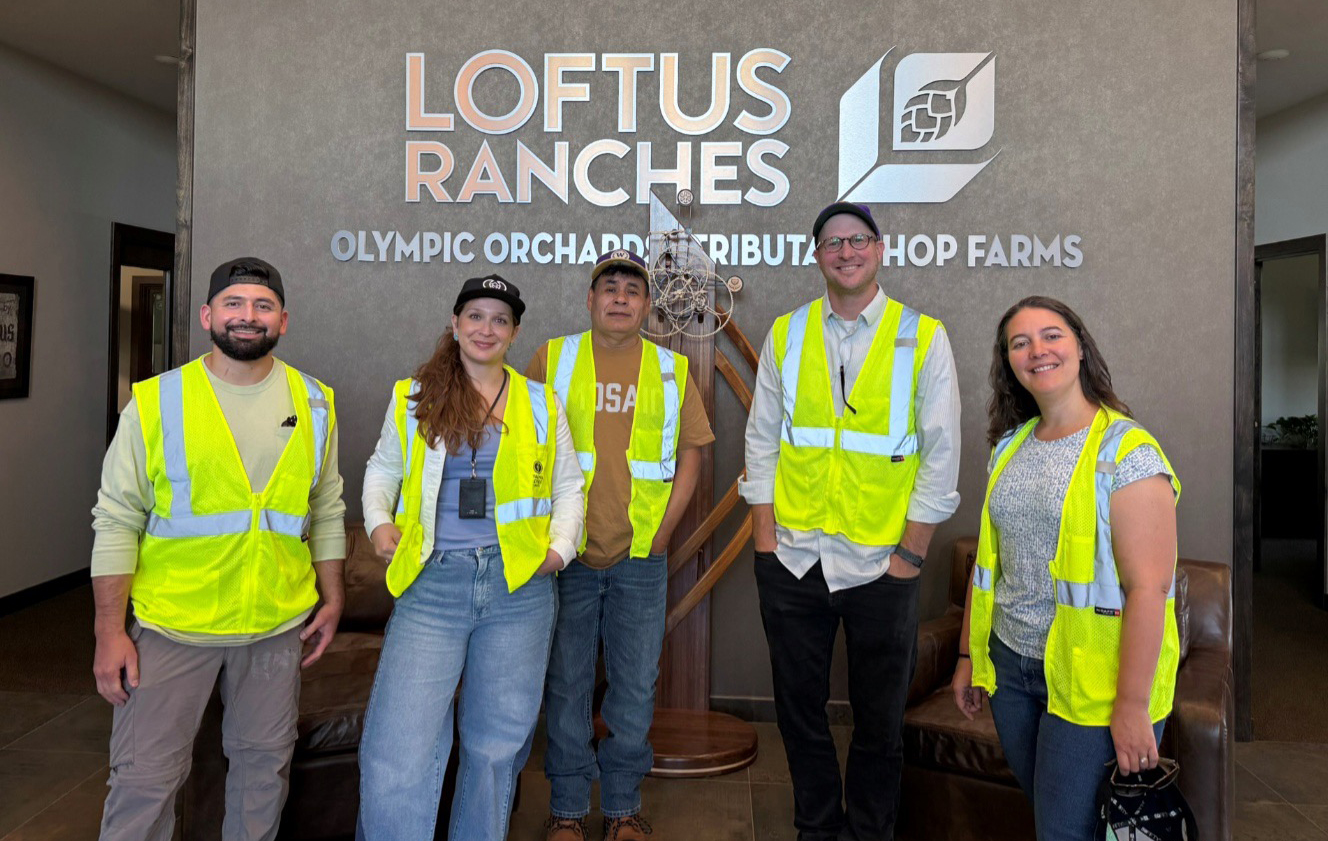PNASH Recap: Visit to Yakima Chief Hops


The cannabis industry is one of the fastest-growing agricultural sectors in the United States. But unlike most established industries, little is known about the health risks workers face on the job. With so many people working in cannabis cultivation, trimming, drying and processing operations, it’s important to understand the safety challenges that come with this rapidly expanding industry.